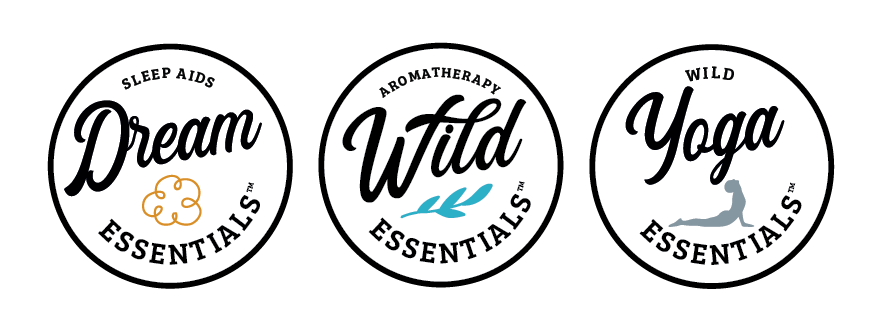
The Latest Research on Sleep
The Latest Research on Sleep -Anything New Out There?
Excerpt from Secrets of a Good Night's Sleep
Copyright ©, All Rights Reserved Dream Essentials 2015
Sleep has been a favorite topic of study for a lot of scientists, doctors and researchers. The subject continues to be studied and experimented with even today, as there is so much more to know about. Here is the latest research on sleep and sleep study results.
A recent study conducted by the Université Paris Descartes-Sorbonne Paris Cité and published in the Endocrine Society's Journal of Clinical Endocrinology & Metabolism, shows that a 30 minute power-nap can reverse the damage caused by a night of no-sleep. The research was carried out in order to find results that might help shift-workers and Insomniacs deal with their lack of sleep.
Newborn babies that are just a week to 4 weeks old need to rest their bodies for about 15 to 18 hours every day. But, this routine needs to be split into 3 to 4 hour sleep schedules. Colicky children might sleep for a shorter duration than normal while premature babies tend to sleep for longer hours.
The objective of the study was to establish a relationship between sleep and hormones and for this purpose; an experiment was done on 11 healthy men in the age groups of 25 to 32. The experiment was divided into two sessions. In the first session, the men were allowed to experience limited sleep for a maximum of 2 hours. The second session involved allowing the men to take two 30 minute naps post their 2 hour restricted sleep session.
The sessions lasted for 3 days and 8 hours of sleep in total. The experiment was then concluded with a night of unlimited sleep for the men, allowing them to recover after the sessions. After the experiment, an analysis of the men’s saliva and urine was done to observe the changes in hormone levels. It was noticed that there was a rise in the levels of norepinephrine on the nights the men experienced limited sleep. Norepinephrine is a neurotransmitter and hormone that is responsible for controlling the fight or flight response in our bodies. It is known to increase blood pressure, heart rate, and blood sugar levels. There was no rise in norepinephrine levels when the men engaged in the 30 minute nap sessions.
The limited sleep session also led to a drop in the production of a protein responsible for anti-viral properties known as Interleukin-6. On the other hand, the production of the protein remained normal during the 30-minute nap sessions. These observations indicated that the 30 minute power naps played a key role in helping the body recover from sleep deprivation and also improved immunity. Try a silk eye mask for sleeping to improve the quality of your naps.
Another study conducted by Penn Medicine and published in The Journal of Neuroscience showed that a continued lack of sleep can lead to loss of neurons, which might lead to brain damage. The study was carried out as collaboration between members from the Peking University and Sigrid Veasey, MD, Associate Professor of Medicine and member of the Center for Sleep and Circadian Neurobiology, Perelman School of Medicine.
The experiment was executed using a mouse model, where the mice were allowed to experience the sleeping patterns of a shift-worker. This involved normal rest, extended wakefulness, and short wakefulness. The researchers notice that there was a significant drop in SirT3 levels and 25% loss in neurons after the mice went through a prolonged duration of shift-worker sleeping patterns. SirT3 is a protein that helps in the production of mitochondrial energy and redox response. It is also responsible for establishing metabolic stability during short-term sleep loss and also provides protection from metabolic injury. The experiment was concluded with the observation that extended periods of sleep loss can lead to the loss of brain cells.
Share
















